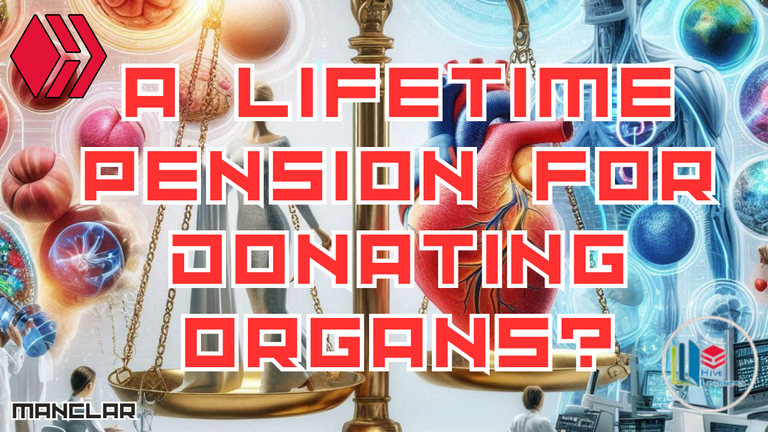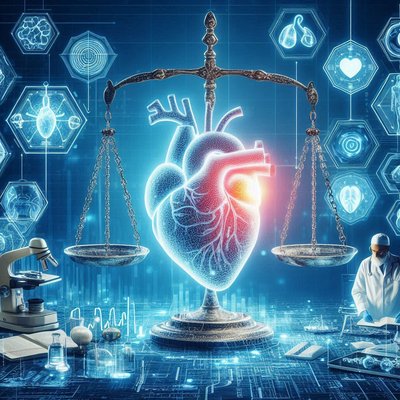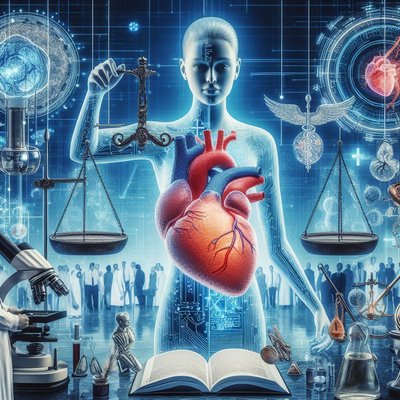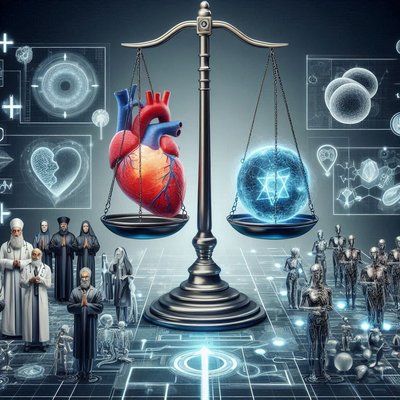
The black market in organs is a consequence of the lack of regulation.
This is a publication based on the suggested topic proposed in the Hive Learners community through their discord, which on this occasion is "Organ Donation Is A Must".
Today's topic about organ donation is quite controversial because it has several aspects that are quite delicate. On the one hand, we have the religious question. There are religions that do not see in a good way and do not allow organ donation, including blood transfusions, within their concepts and laws. So, we would be, if a government forced this to be done, violating a person's right to freedom of religion. The constitution and regulations across each country are different, but here, for example, in Venezuela, we have freedom of religion. That is a constitutional right and, on this side, if this were obligatory, if we had to donate the organs after death, it would be violating our constitutional right. A violation of the constitution. I imagine it will also happen in other countries. So, that's why I say that it is a topic that is extremely controversial. I believe that, if the possibility that they present to us that we are going to be severely punished if we do not do it, in that scenario I, of course, would accept it because I do not want to receive a punishment, a very severe fine for not complying with the law. But I would also demand that retribution be given to the community where I live, to the family I have. Well, obviously, I am obligatorily offering a part of my body and I think it is quite fair that the government took care, for example, of giving a lifetime pension to my entire family. And in case of not having a family, because there are people who are alone in the world, then give that benefit to the community where that person lived, in such a way that this contribution not only benefits the person who is receiving the organ, but also to that person's community where they were living and doing life for so many years. I believe that the long-term results or consequences of forcing people to donate their organs after they die will be that people feel persecuted, pressured. They are going to be very afraid and, well, it is most likely that this will encourage what has been happening in recent years, which is promoting the black market for organs and people who illegally sell their organs on the black market. I believe that good regulation is needed in this regard so that an agreement is reached in which freedom of worship and a person's religion are respected and life is always protected and life is stimulated. I believe that it is possible to reach an agreement. I also believe that with all this technology and artificial intelligence that we have today it is possible to find other methods to solve this problem. One of these methods is by creating synthetic organs and through artificial intelligence they can mainly help us replace these damaged organs. Another way to solve this would be to cultivate these organs that can be replaced using stem cells. So, it is also an ethical problem that we are presented with in this case, because by creating life we would be replicating hearts, lungs, eyes, body parts, arms, legs. It is quite delicate and we have a moral and ethical problem here because we would be creating human farms to replace body parts and to repair other body parts. Thus, people would not have to donate, but then we would enter into this ethical problem. We are creating a clone or we are cultivating, manufacturing these human parts and we would have to see if the dilemma that arises is whether this has humanity or if there is humanity there. We are taking away or transferring that right, deciding that right to make that arm, create a life in order to save another life. It is quite ethically questionable to do this. So, it is a problem that has many aspects and I repeat that it must be regulated. I am not sure that it should be the case that there should be a regulation that respects the cultural freedom and ideological freedom of each person in every part of the world, because this is what will maintain the possibility of continuing to donate organs. I repeat, as I said a few lines ago, I believe that the solution to this is for governments to pay a pension or lifetime compensation in money, in tax exemption, or in exemption from paying rent for housing, or something. like that, for life to the person who is donating that organ. So, you can work from this point of view where all parties end up benefiting. Because the person who dies is giving, for example, eyes, sight to another person who remains alive. And this person who was left with his eyes can also make his family have a better life for the rest of his life. Or it can mean that, if you don't have a family, your community ends up leading a nice life. The government can give grants and sponsorships to that community or that family as a way of saying thank you for saving a life. In this way, I think it would be the most appropriate, the solution that benefits the greatest number of people. And it would be very good if that were done. I think there is still a long way to go in this regard and we have a lot to do as a society, but today's approach is interesting. This is my black cat "manclar", this account is to honor his dead (it happened years ago). Thumbnail image maded using Bing AI and edited with Canva.com

"Ethics is knowing the difference between what you have the right to do and what is right to do."
<< Potter Stewart >>

Image maded by Bing AI


Image maded by Bing AI


Image maded by Bing AI


Credits:
The text dividers were made by me using aseprite
